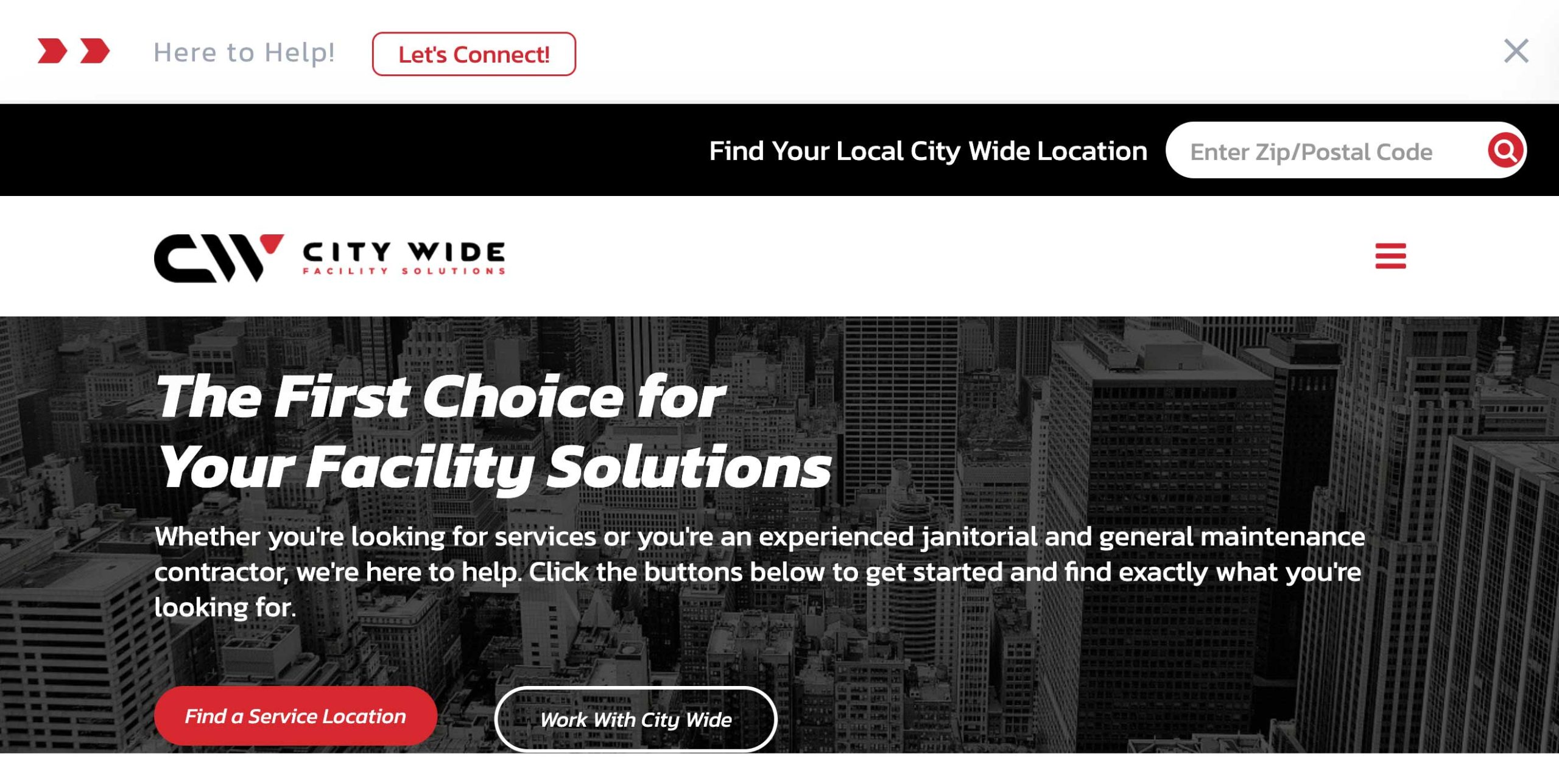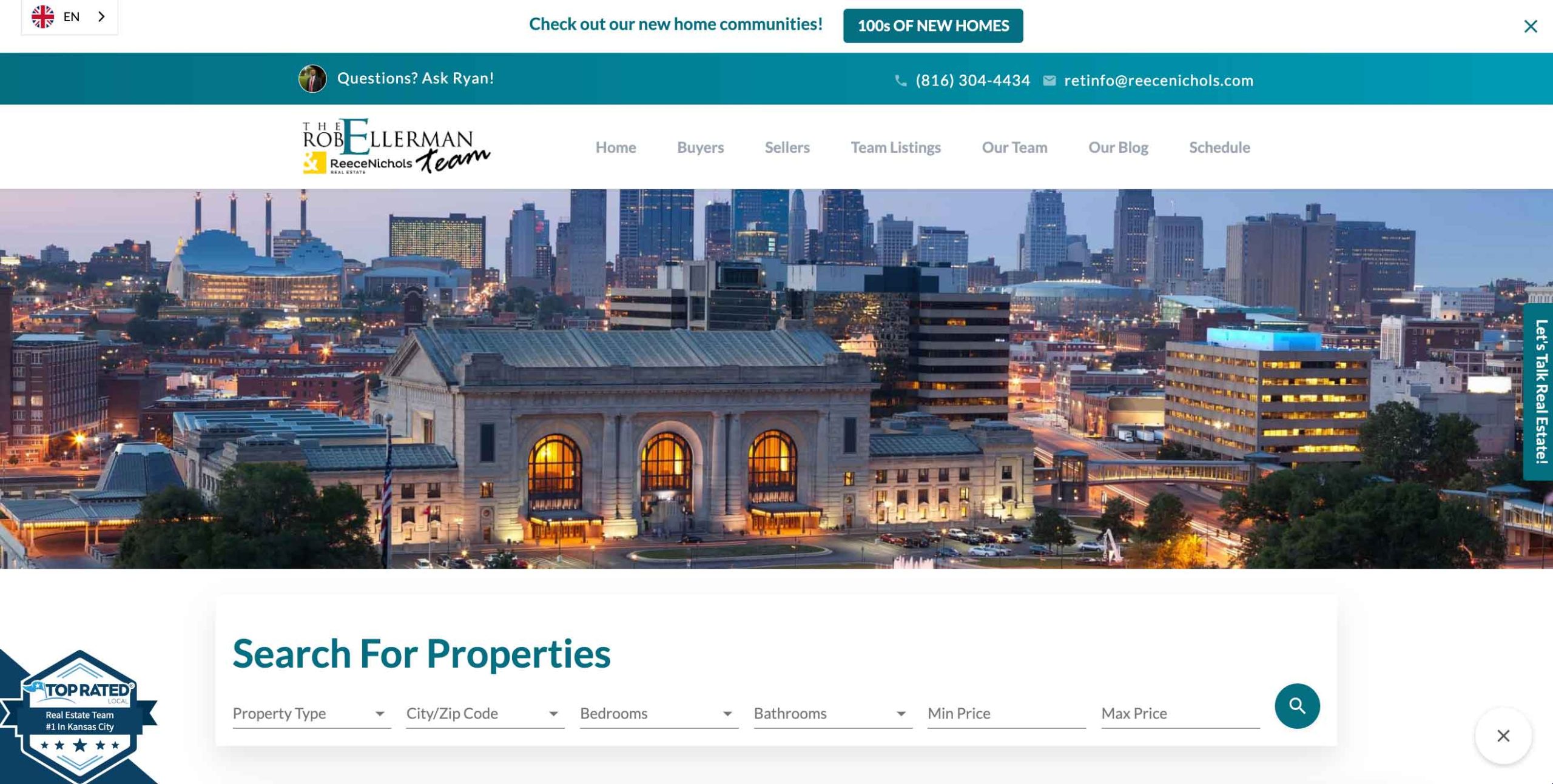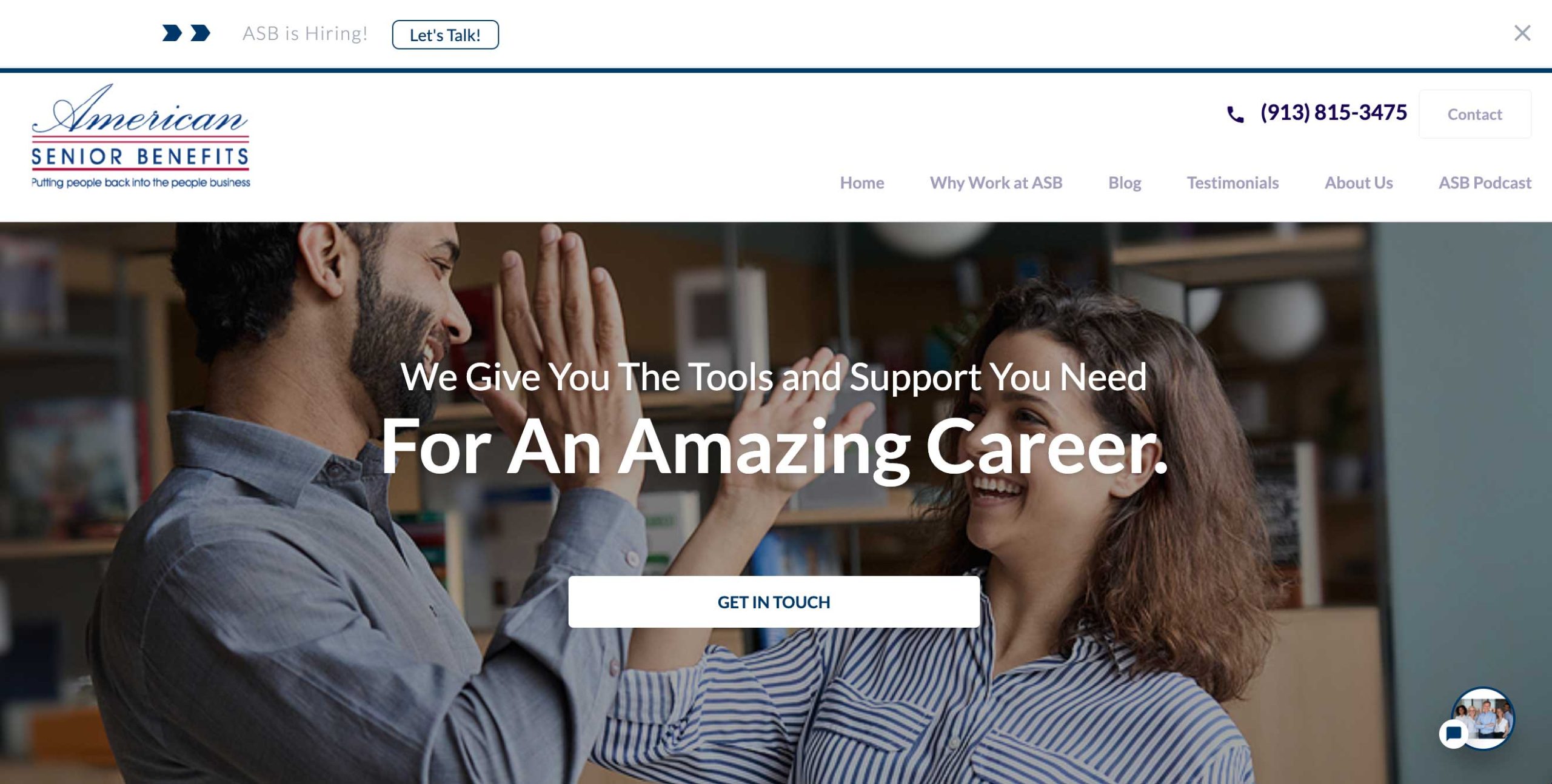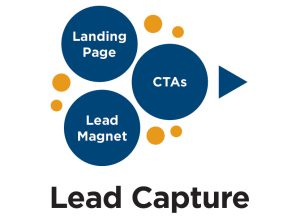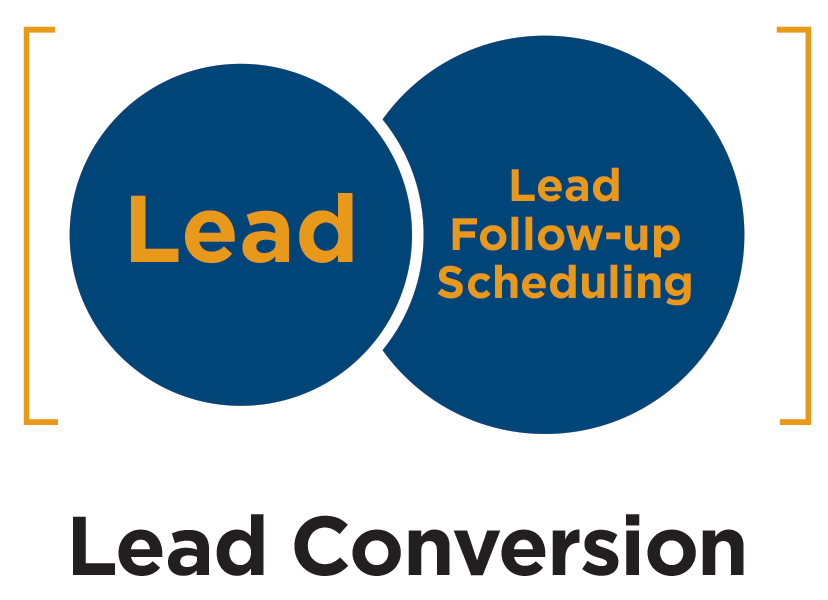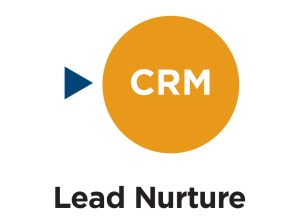Welcome to our comprehensive guide on building an effective insurance website, specifically designed for independent insurance agents. In today’s digital age, having a strong online presence is crucial for the success of any business, and insurance agencies are no exception. An insurance website serves as a powerful tool to showcase your services, connect with potential clients, and establish credibility in the industry. In this guide, we will explore the key features and best practices that will help you create a compelling insurance website that drives engagement, generates leads, and boosts your bottom line.
Understanding the Importance of an Insurance Website
In the ever-evolving landscape of the insurance industry, having a professional and user-friendly website is essential. It not only acts as a virtual storefront but also serves as a platform to communicate your brand identity and value proposition to potential clients. With consumers increasingly relying on the internet to research and purchase insurance products, an effective website is your gateway to attracting and retaining customers. By investing in a well-designed website, independent insurance agents can effectively compete in the digital marketplace and position themselves as trusted advisors in their respective niches.
Key Features of an Effective Insurance Website
Clear and Engaging Homepage
The homepage of your insurance website is like a digital storefront, welcoming visitors and creating a lasting first impression. It should be clean, uncluttered, and visually appealing, with a clear value proposition that instantly communicates the benefits of your agency. Utilize compelling headlines, high-quality images, and concise copy to capture the attention of potential clients and encourage them to explore further.
Intuitive Navigation
A well-structured and intuitive navigation system is crucial for ensuring a seamless user experience on your insurance website. Implement a logical menu structure that allows visitors to easily find the information they are looking for. Consider organizing your navigation based on insurance types, services, or target markets to make it convenient for users to navigate through your website.

Mobile Optimization
With the increasing use of mobile devices, optimizing your insurance website for mobile viewing is no longer optional but mandatory. Mobile responsiveness ensures that your website adapts and displays properly on different screen sizes, providing a consistent and user-friendly experience across devices. This feature is not only important for user experience but also for search engine optimization (SEO), as Google prioritizes mobile-friendly websites in search results.
Lead Generation Forms
An effective insurance website should be designed with lead generation in mind. Incorporate strategically placed contact forms throughout your website, making it easy for visitors to request information, quotes, or consultations. Keep the forms simple and concise, asking for only essential information. Ensure that your website’s backend captures and stores lead data securely, allowing you to follow up and nurture these leads effectively.
Compelling Content
Content is king when it comes to online marketing, and your insurance website should reflect this. Create and share valuable, informative, and engaging content that addresses your target audience’s pain points and provides solutions. Consider incorporating a blog or resource center where you can regularly publish articles, guides, and tips related to insurance. This not only helps attract organic traffic but also positions you as an industry expert and increases your website’s credibility.
In addition to written content, consider diversifying your content formats to cater to different preferences and learning styles. Incorporate videos, infographics, and interactive tools that make complex insurance concepts more accessible and engaging. Remember to optimize your content for search engines by incorporating relevant keywords and metadata, which can improve your website’s visibility and drive organic traffic.
Testimonials and Reviews
Testimonials and reviews play a crucial role in establishing trust and credibility. Feature positive testimonials from satisfied clients on your insurance website to showcase your agency’s track record of customer satisfaction. Encourage clients to leave reviews on popular review platforms such as Google My Business or Yelp. Positive reviews not only boost your online reputation but also influence potential clients’ decision-making process.

Security Measures
Insurance websites handle sensitive client information, making security a top priority. Implement robust security measures such as SSL encryption, secure hosting, and regular website backups to safeguard client data. Display trust indicators, such as security badges or certifications, to reassure visitors that their information is protected.
Best Practices for an Effective Insurance Website
Understand Your Target Audience
Before diving into designing your insurance website, take the time to understand your target audience. Identify their demographics, preferences, and pain points. This knowledge will help you tailor your website’s design, content, and messaging to effectively connect with and address the needs of your potential clients.
Optimize for Search Engines
Implementing search engine optimization (SEO) best practices is essential to increase your website’s visibility in search engine results. Conduct keyword research to identify relevant keywords and incorporate them naturally throughout your website’s content, headings, and meta tags. Pay attention to on-page SEO elements such as title tags, meta descriptions, and alt tags for images. Additionally, focus on building high-quality backlinks from reputable websites to improve your website’s authority.
Streamline the Conversion Process
Make it as easy as possible for visitors to convert into leads or clients. Streamline the conversion process by reducing the number of form fields, simplifying the checkout process for insurance purchases, and providing clear calls-to-action throughout your website. A seamless and user-friendly conversion process improves the likelihood of visitors taking the desired action and becoming valuable leads.
Implement Live Chat
Live chat functionality can significantly enhance customer experience and increase conversions on your insurance website. It allows visitors to ask questions in real-time and receive immediate assistance, boosting their confidence in your agency. Consider integrating a live chat feature and ensure that your team is responsive and knowledgeable to provide prompt and helpful support.
Regularly Update and Maintain Your Website
An effective insurance website requires ongoing maintenance and updates. Regularly review your website for outdated content, broken links, and technical issues. Ensure that all forms and contact information are up to date. Keep your website fresh and relevant by regularly publishing new content, updating your blog, and showcasing recent success stories. This demonstrates that your agency is actively engaged and invested in providing value to your clients.
Final Thoughts
Building an effective insurance website is an ongoing process that requires careful planning, attention to detail, and a deep understanding of your target audience. By incorporating the key features and implementing best practices discussed in this guide, independent insurance agents can create a compelling online presence that attracts and engages potential clients, drives lead generation, and ultimately contributes to the growth and success of their agency. Remember, your website serves as a digital representation of your brand, so invest the time and effort required to build a website that reflects your agency’s professionalism, expertise, and commitment to exceptional customer service.
By staying abreast of emerging trends, continuously monitoring and optimizing your website’s performance, and seeking feedback from your clients, you can ensure that your insurance website remains a valuable asset that evolves and adapts to meet the ever-changing needs of your target audience. Embrace the power of a well-crafted insurance website, and watch as it becomes a catalyst for growth, trust, and success in the competitive insurance industry. See how Easy Insurance PRO can help!


